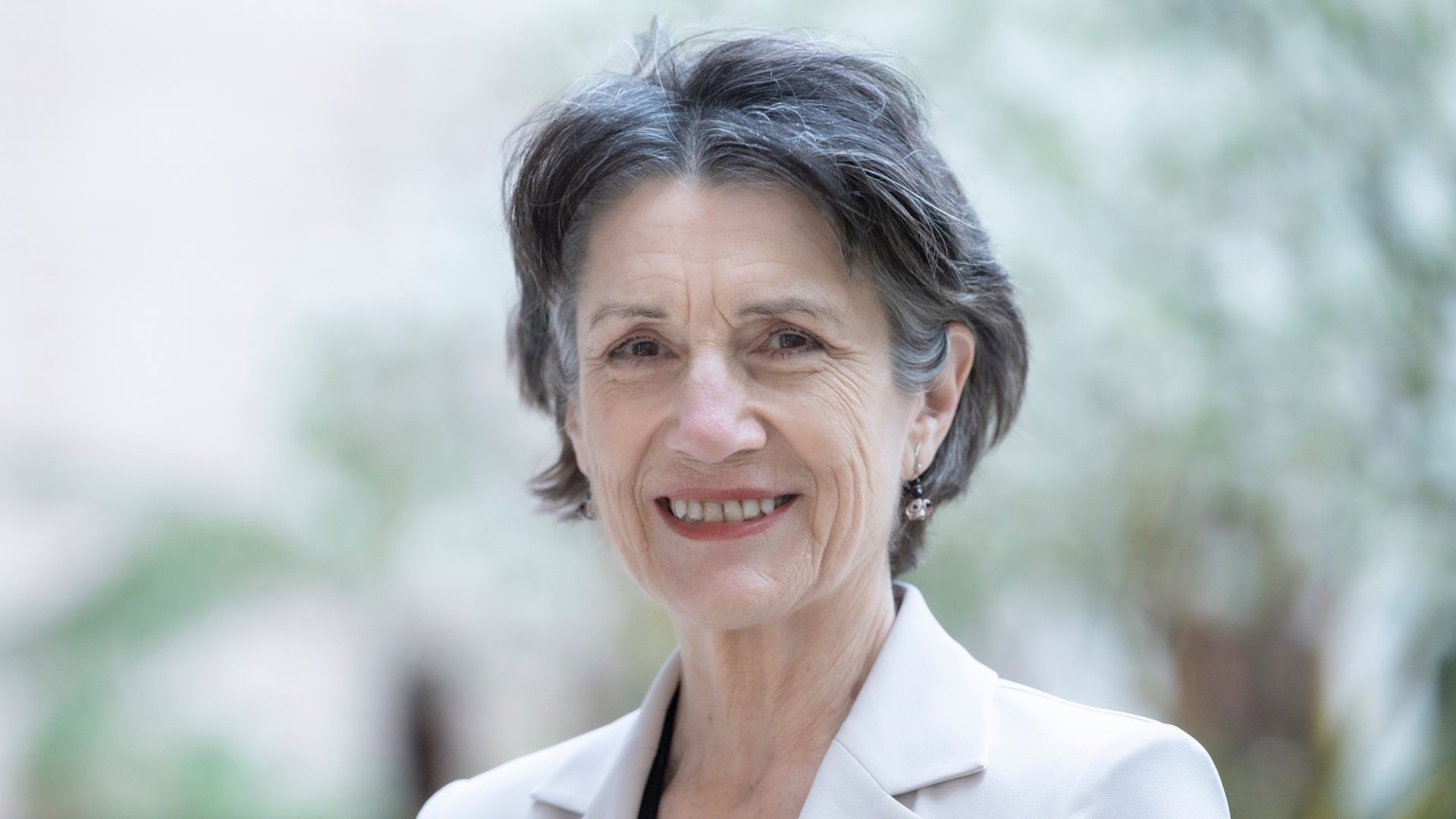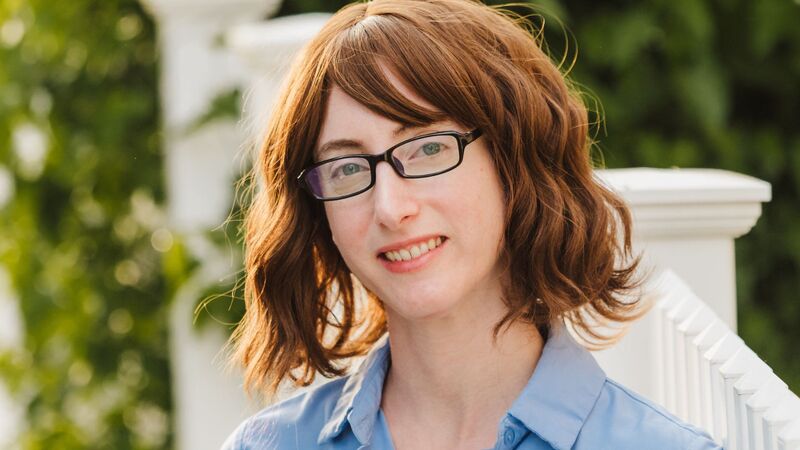You are viewing your 1 free article this month. Login to read more articles.
Walter reveals what Shakespeare's female characters really think for Virago
Actress Harriet Walter has signed a deal with Virago for She Speaks!: What Shakespeare’s Women Might Say.
Lennie Goodings, chair of Virago, acquired world English language rights from Caroline Michel at PFD. Virago will publish She Speaks! in October 2024.
Goodings said: “I have followed this remarkable actor for years and seen many of her stage performances and am very pleased with this inventive collection of voices. We know these women – we’ve seen Harriet Walter play most of them – but now we get a new and surprising peek into their thoughts and minds and the result is rewarding and so much fun too. How much more talent can this woman have? Harriet Walter is a brilliant writer.”
Walter, renowned for her portrayals in “Succession” and “Killing Eve”, among others, is one of Britain’s best known Shakespearean actors. Virago said: “Now, having played most of Shakespeare’s female characters, audaciously, she lets them speak their minds.”
The blurb reads: “With new parts for 30 Shakespearean women, written in ’Shakespearean’ verse and prose, Harriet Walter goes between the lines of the plays to let us hear what she imagines – sometimes playfully and sometimes searchingly – these women might be thinking.
“Here’s what Gertrude longed to say; why Lady Macbeth felt she should be Queen; how Juliet’s nurse bemoaned her loss; why Ariel is anxious about freedom and what Cleopatra’s handmaidens really thought of her. Ophelia surprises us, Olivia surprises herself and Miranda glimpses the future; these pieces are alongside other brilliant insights, from servants to sovereigns.”
Walter commented: “Shakespeare’s mind and words have been the backbone of our culture and they have seeped into my bloodstream over the decades that I have been privileged to speak them. As Ben Jonson said, he is a man for all times, but he is also a man of his time, and there’s the rub.
“Though his empathy for his female creations is miraculous, his plays mirror the hierarchy and patriarchy of his day with the result that women are seldom centre stage, have far fewer lines, and their function in the plot is always and solely in relation to a man. But not in these pages.”



















